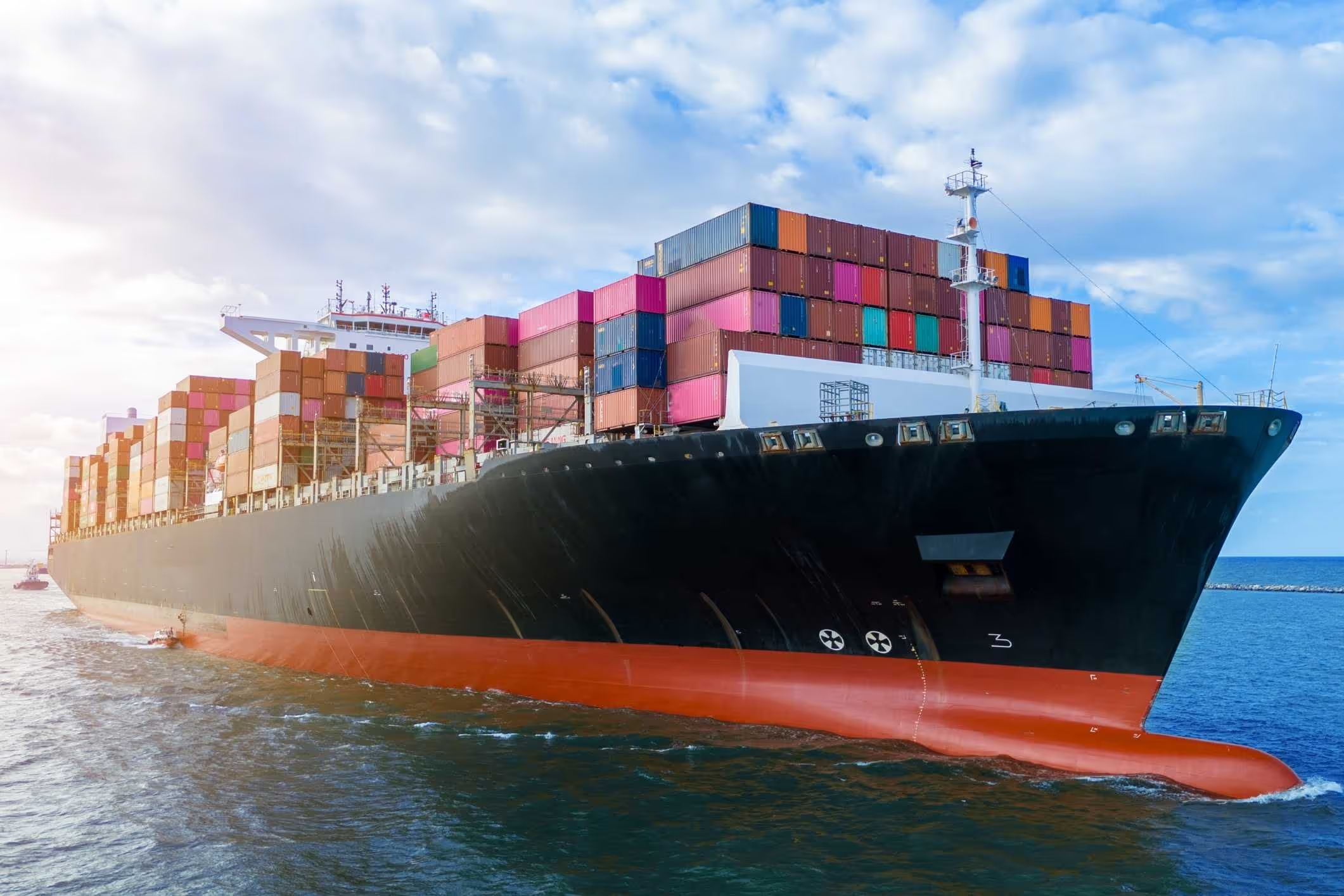Maritime Injuries and Your Rights at Sea
Click on the link below to connect with our legal team for a free consultation, we’ll respond within 1 hour during business hours. Or call us 24/7 at (757) 244-7000.












Sailors face many dangers at sea. They face the risk of injury and death on a daily basis. When seamen are hurt they can face disabilities and lifelong medical issues. When maritime injuries occur your rights at sea are often very different from those on the land.
The laws over liability at sea are distinct from those on the land. This is a specialized area of law that our Virginia trial lawyers have handled for decades.
Hampton Roads is surrounded by the water. Massive container ships pass close to Fort Monroe to access Norfolk International Terminals, Portsmouth Marine Terminal, and Newport News Marine Terminal. Naval Station Norfolk is the largest military naval base in the world.
Please contact our Virginia maritime injury attorneys if you have been hurt at sea.
What is Maritime Law?
Maritime law is also known as admiralty law. These unique laws were drawn up solely for the maritime industry to protect workers on vessels in the event of accidents, illnesses, and injuries.
Maritime laws are distinct from any other type of disability law, including worker’s compensation laws. Maritime laws only apply to people who work offshore. Because these laws are very specialized, not all attorneys have sufficient knowledge about how admiralty laws work to take on cases.
Admiralty law governs disputes on navigable waters. The definition of “navigable waters” is all waters used for interstate or foreign commerce.
When maritime law is applicable to a case, it is heard in federal court under Article III, Section 2 of the U.S. Constitution. Injured seafarers may elect to file a lawsuit in state courts. However, federal law is still applicable and the defendant has the option to move a case to federal court.
Maritime or admiralty law gives sailors who are injured off the coast of Virginia or elsewhere legal recourse. Some aspects of maritime law include:
Jones Act Negligence
The Jones Act is named after its sponsor Senator Wesley R. Jones, from Washington State. It was enacted as part of the Merchant Marine Act of 1920.
It is a federal law that gives seamen who were hurt in the course of their employment on a vessel the right to sue their employer for negligence damages. Under the Jones Act, a maritime employer has a duty to provide the seaman with a reasonably safe place to work. The employer must use ordinary care to maintain and keep the vessel on which the seaman works in a reasonably safe condition.
The Jones Act imposes strict requirements on the employers of seamen. Almost any unsafe condition on a ship, however small, can lead to Jones Act liability. An employer may be held liable under the Jones Act for such unsafe conditions as:
- Oil or grease on a deck
- Poorly maintained equipment
- A failure to adequately train seamen or crew
- Failure to give seamen the proper equipment to allow them to do their work
- Failure to require the crew to abide by safe work methods
The burden of proof needed to show negligence under the Jones Act is lower than that required to hold a motorist liable. In order to prove causation, the plaintiff need only prove the employer’s negligence played any part, no matter how small, in the plaintiff’s injuries.
Maintenance and Cure
Maintenance and cure are benefits afforded to an injured seaman from an employer over the course of his or her recovery. An injured seaman is entitled to receive these benefits regardless of fault for the injury.
Maintenance means the accommodation of the injured seaman while he or she is recovering from the injury at home. The concept is derived from the obligation of an employer to provide room and board while the seaman is on a ship.
Maintenance may include a seaman’s rent or mortgage, property utilities, taxes, homeowner’s insurance, and food.
Cure is an injured seaman’s reasonable and necessary medical expenses, as well as the cost of transportation for getting reasonable and necessary medical treatment. This is comparable with workers’ compensation on land. The injured seaman should not have to pay anything toward medical treatment for the work-related injury. Unlike Jones Act negligence, maintenance and cure is not fault-based.
Liability for Unseaworthy Vessels
Maritime law places the onus on the owner of a vessel to maintain the vessel in a seaworthy condition. When machinery, rigging or any other aspect of a vessel is defective, an injured crew member can make a claim for damages under general maritime law.
Third-Party Claims Brought by Shipyard Workers, Stevedores, & Longshoremen
Hampton Roads with its many naval bases and shipyards sees frequent accidents involving workers. On occasions, shipyard workers are killed or contract deadly diseases from chemical exposure.
The Longshore and Harbor Workers’ Compensation Act confers employment-injury and occupational-disease protection to thousands of workers who are injured or suffer serious occupational diseases occurring on the navigable waters of the United States, or in adjoining areas.
The legislation covers workers who unload and load ships and marine construction workers.
Workers have certain rights under the Longshore Act, including:
- The right to an initial free choice of physician. The employer cannot pick the doctor for you.
- The right to reinstatement of back wages following termination for filing a claim or seeing compensation under the act.
- The right to temporary total disability payments while not working must be determined by your treating physician as opposed to the company doctor.
- A provision for your employer to pay temporary disability payments and any permanent disability payments.
- Temporary disability payments equal to two-thirds of your average weekly wage for the 52 weeks prior to your disability if you are not able to return to your job following an injury.
Contact an Experienced Virginia Maritime Injury Lawyer
At the Smith Law Center, we have been helping people since 1949. Sailors, longshoremen, or stevedores can suffer serious injuries like traumatic brain injuries at sea. Our attorneys have a long track record of attaining high verdicts in TBI cases. Please call us at (757) 244-7000.
FAQs
Maritime Injury Verdicts & Settlements
Award of $1,350,000.00 for Mild Head Injury for Woman in Shipboard Explosion Due to Ship Repair Contractor’s Negligence
Awarded:
Summary:
Award of $1,000,000.00 for Mild Head Injury for Man in Shipboard Explosion Due to Ship Repair Contractor’s Negligence
Awarded:
Summary:
%201%20(1).avif)
About Smith Law Center
About Smith Law Center
%201%20(1).avif)











